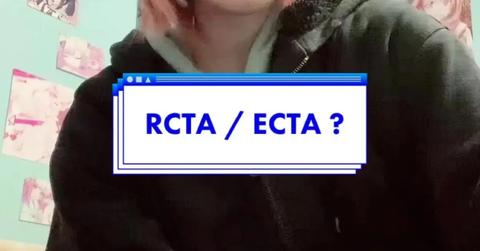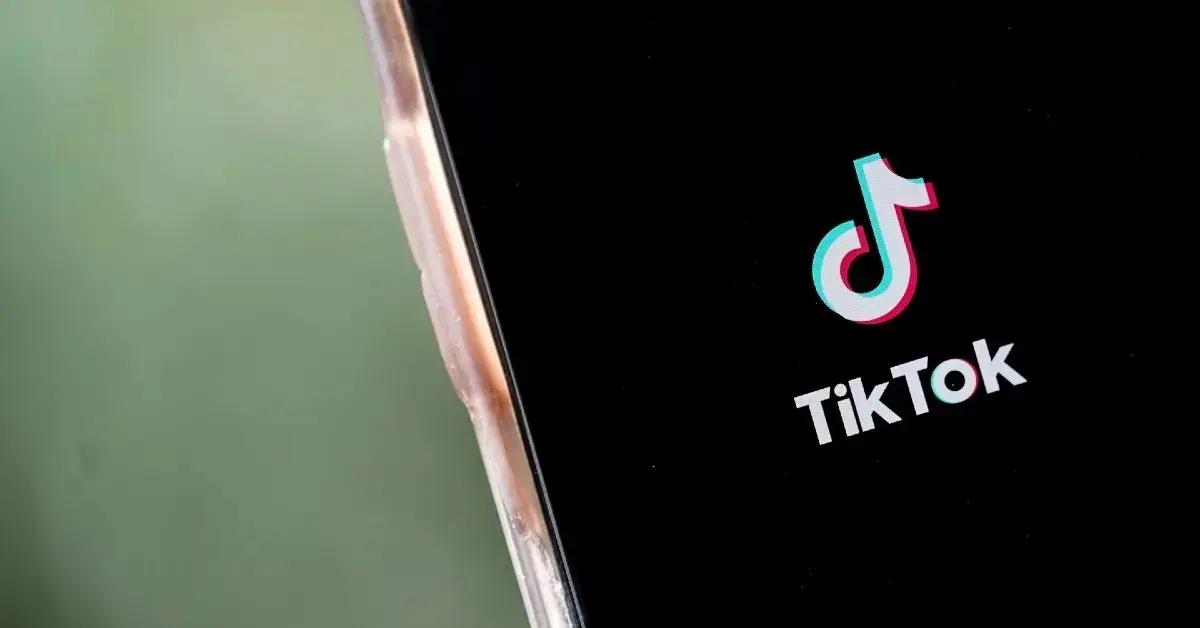What Does RCTA Mean on TikTok? The Controversial Term Explained
The acronym has brought to mind the likes of Oli London and former NAACP chapter president Rachel Dolezal.
Updated Aug. 12 2024, 9:47 a.m. ET

It isn't revolutionary to say that TikTok is an incredibly complex and vast platform.
If you're into weird viral food trends (i.e., butter boards and pesto eggs), TikTok has you covered. Or perhaps you're into unconventional makeup (illuminating rainbow under eyes), or budget-friendly DIY apartment decor (temporary peel-and-stick tiling).
While these TikTok genres are void of controversy, other niche subsets have a tendency to vex users.
This is where the hashtag and acronym RCTA comes in. But, what does it stand for?

What does RCTA mean on TikTok?
As explained by TikTok user @kyamewa, whose account has since been removed from the platform, RCTA stands for "race change to another." Similarly, the acronym ECTA stands for "ethnicity change to another."
"Basically, this has the same concept as being transracial," @kyamewa stated. "However, these RCTA people believe that they're more 'educated' than [transracial-identifying people] because they 'try' to learn more about the inner culture and the languages, which still doesn't make it good."
She went on to share that she comes from a Korean background, having moved to Canada in fourth grade. Many classmates saw her as different and ignorantly assumed she couldn't speak English, which, naturally, led to bullying. (Ugh, kids are mean.)
She believes the RCTA subculture is harmful because RCTA-identifying people "don't know the experience of other minorities" and are often attracted to the "pop culture" associated with a particular race/ethnicity. For example, many (but not all) RCTA-identifying people are K-pop superfans.
The acronym has brought to mind the likes of British internet personality and singer Oli London, as well as former university professor and NAACP chapter president Rachel Dolezal. Both Oli and Rachel were born Caucasian.
Oli London has "undergone 32 different procedures over eight years to look Korean," per a Fox News Digital article that has since been taken down, and even uses neopronouns "KOR/EAN." More specifically, Oli attempted to look just like his idol, BTS member Jimin.
Rachel Dolezal, on the other hand, had the world believing she was born a Black woman, until she was outed by her white biological parents in 2015. Her story made national news and inspired Laura Brownson's documentary The Rachel Divide.
RCTA was allegedly coined by TikTok user @fr0sty_bears.
Unlike Oli London, members of this underground community don't typically seek out surgery to alter their appearance. On the contrary, RCTA-identifying individuals believe it's possible to change their DNA via "subliminals" and "manifesting," and seemingly don't intend to cause any harm. They even believe that changing their past, where they were born, and their ancestors is achievable.
These individuals often view transracial-identifying people as problematic "fetishists," but view RCTA-identifying people as "respectful."
According to several TikToks, people commonly turn to the RCTA community after experiencing some sort of trauma, hoping that a new identity will relieve them of pain.
Understandably, TikTok user @kyamewa is one of many people who evidently find the RCTA community to be offensive, ignorant, and even racist. (It's quite jarring to see RCTA TikTok videos promoting Chinese, Japanese, and Vietnamese "starter packs.")
It's certainly a dicey topic, one that has only made a tiny ripple in the enormous sea that is TikTok.